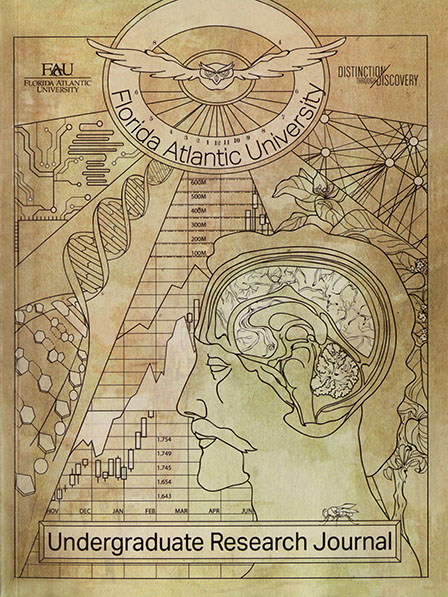Facundo Yesterday and Today: An Orientalist Analysis of the Argentine Caudillo System
Abstract
This essay explores the contrasting views of Juan Facundo Quiroga’s represen-tation in the 19th and 20th centuries through the analysis of Domingo F. Sarmiento’s 1845 essay Facundo: Civilización y Barbarie and the 1995 cinematic representation directed by Nicolás Sarquis Facundo, la sombra del tigre. Though the Republic of Argentina gained independence from Spain in the mid-19th century, it faced internal conflicts be-tween the two central political parties, the Unitarians and the Federalists. The life of Juan Facundo Quiroga provided a platform for Sarmiento to display and expose the supposed barbarism of Facundo, a gaucho figure, and the Federalist party. A century later, Sarquis revisited the image of Facundo in order to rescue the native elements of Argentina, such as the gaucho. This film representation of Facundo poses a counterargument to the orien-talist image Sarmiento set forth because it identified Facundo as a progressive military leader who intended to forge a peaceful republic. In my analysis of this essay, I demon-strate how Sarmiento employs an orientalist archetype to represent the Argentine gauchos and the Federalist Party through the images present in European literature. This essay al-so suggests that through modern film, Sarquis attempts to rescue those same indigenous elements of Argentina by allowing the public to identify with the character of Facundo.Downloads
Published
2015-04-02
Issue
Section
Articles


